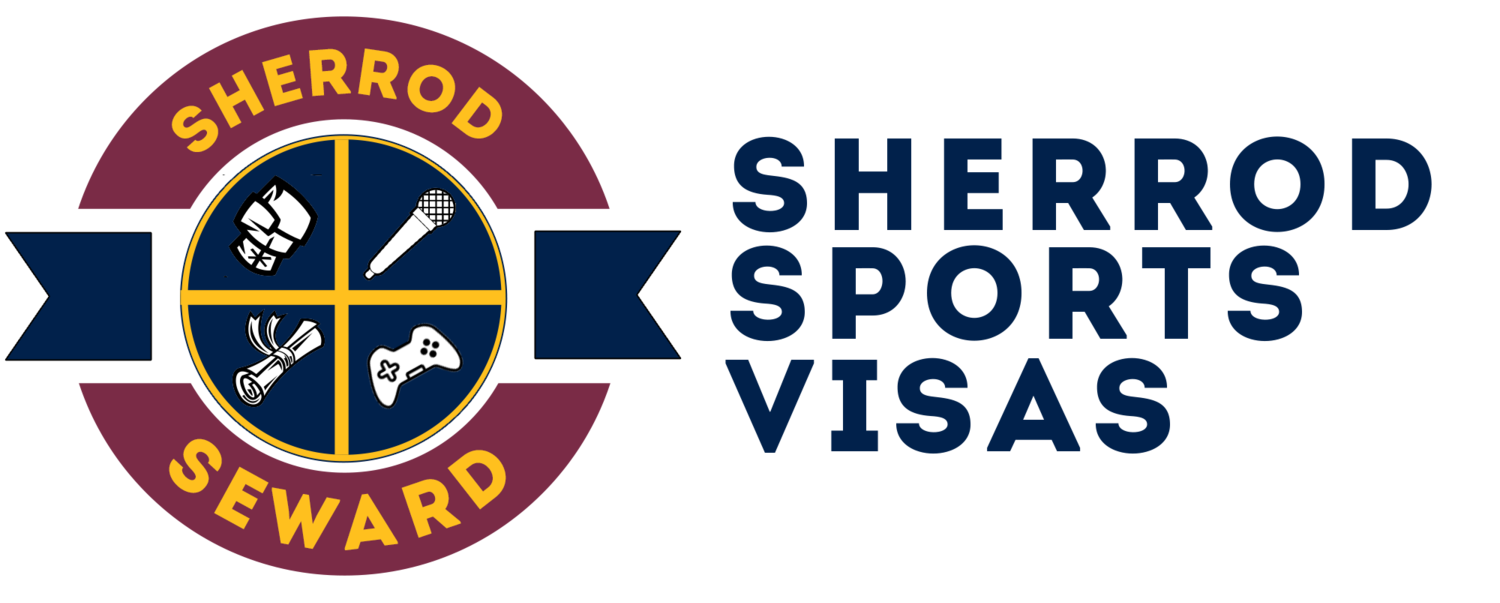Agent-Based Visa Petitions in Esports: A Game-Changer for Multi-Game Competitors
Hi there, it’s Sherrod Seward, and today, I’m diving into a topic that could truly revolutionize how we handle visas in the fast-growing world of esports. As esports continues to thrive globally, international players face unique challenges, particularly when it comes to navigating the U.S. visa process. One of the biggest hurdles? Securing the right visa when switching between different games—each considered a separate sport by immigration authorities. This is where Agent-Based Visa Petitions in Esports come into play, offering a flexible and effective solution.
The Limits of the P-1 Visa in Esports
Traditionally, the P-1 visa has been the go-to option for esports players who have achieved international recognition in their specific games. However, this visa comes with significant limitations. The P-1 is tied directly to specific events and competitions, which poses a problem for players transitioning from one game to another. For instance, if a player who excels in Rocket League decides to switch to Apex Legends, they may find that their new game doesn’t meet the P-1 visa criteria, leaving them in a difficult position when trying to stay in the U.S. to compete.
Why Agent-Based Visa Petitions in Esports Are the Solution
This is where Agent-Based Visa Petitions in Esports can make a substantial difference. Instead of relying on a team or league to sponsor their visa, players can have an agent petition on their behalf. This shift provides players with the flexibility to move between different games without the constant fear of losing their visa status. It’s a game-changer, allowing players to focus on what they do best—competing and winning—without being bogged down by visa concerns every time they switch games.
The Power of the O-1 Visa for Esports Players
But there’s more to this agent-based model, especially when paired with the O-1 visa. The O-1 visa is designed for individuals with extraordinary ability, and it isn’t limited to a single sport or game. For esports players who excel across multiple titles, the O-1 visa is a far superior option. It allows them to leverage their achievements in various games to qualify, offering flexibility that the P-1 visa simply can’t match.
Take, for example, a player who ranks highly in Rocket League and is now venturing into Apex Legends. Under the P-1 visa, they might struggle because each game is seen as a separate sport, and not all esports events qualify for P-1 sponsorship. However, with an O-1 visa, we can combine their success in Rocket League with their new pursuits in Apex Legends to secure their visa status.
Flexibility Beyond Competitions
Another significant advantage of Agent-Based Visa Petitions in Esports when using the O-1 visa is the broader range of activities it covers. While the P-1 visa is strictly tied to competitions, the O-1 visa includes activities such as training, promotional work, and content creation. This is vital in esports, where players often wear multiple hats—not just competing, but also streaming, engaging with fans, and building their brands.
The O-1 visa’s flexibility is also crucial given the volatility of esports leagues. Not all leagues last, and some may not meet the criteria needed for P-1 sponsorship. However, with the O-1 visa, a player’s status is tied to their accomplishments, not the stability of a particular league. This provides a much more secure and stable option for players in an unpredictable industry.
Contact Us for the big step into your career
The bottom line? If you’re an esports player or an agent representing one, Agent-Based Visa Petitions in Esports—especially when combined with the O-1 visa—are the way to go. This approach offers the flexibility and security needed to navigate the rapidly evolving world of esports, allowing players to focus on their careers without constant visa-related worries.
